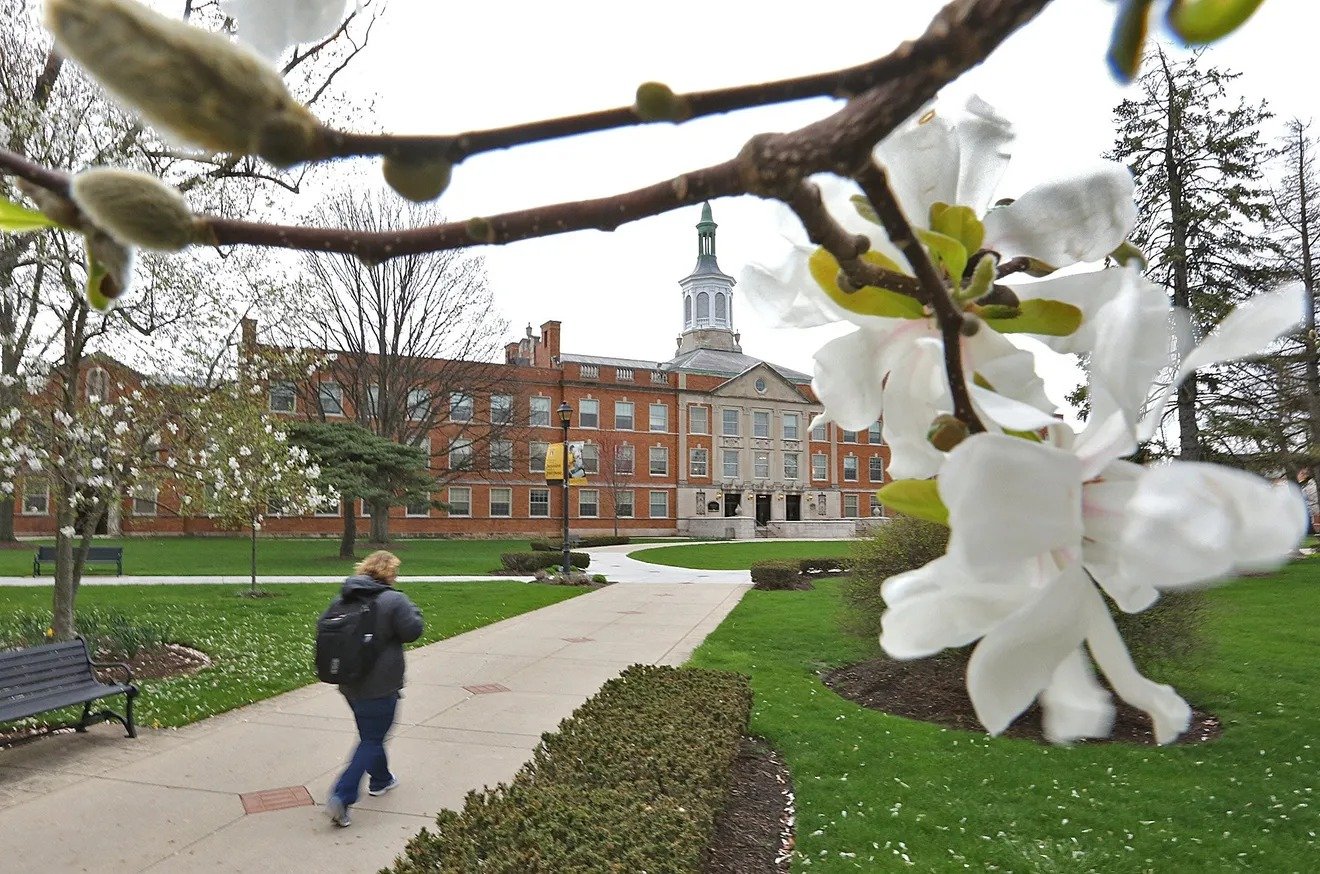Ohio Think Tank Enters Fight Against Student Loan Forgiveness Plan Again

Source: https://ohiocapitaljournal.com/
The Buckeye Institute, along with the National Taxpayers Union Foundation and the Kansas Justice Institute, filed an amicus brief urging the U.S. Supreme Court to uphold previous decisions that invalidated the Biden administration’s student loan forgiveness program. They argue that the program, known as the “Saving on Valuable Education” (SAVE) plan, exceeds constitutional limits by creating a new forgiveness program without congressional approval. The group criticizes the Department of Education for overstepping its authority in implementing the SAVE program, which remains contested in ongoing legal challenges.
Key Highlight:
- The Buckeye Institute argues in its brief that borrowers who take out student loans are obligated by contract to repay them, understanding the consequences of default such as credit score impacts. They criticize the Biden administration’s “Revised Pay-As-You-Earn (REPAYE) plan” for not legally absolving borrowers of their repayment duties nor releasing the government from collecting outstanding loans, despite attempts to forgive loans through the program.
- The Buckeye Institute has a history of involvement in legal challenges related to student loan forgiveness. They previously filed a lawsuit against a 2022 student loan forgiveness program and have submitted amicus briefs in appellate and high court cases, including Biden v. Nebraska. In this case, the U.S. Supreme Court’s 6-3 majority decision allowed states to challenge the president’s student loan forgiveness initiative, sending the case back to lower courts for further consideration.
- The plan cited the 2003 Higher Education Relief Opportunities for Students Act (HEROES) as its legal basis to forgive debts for 20 million student loan borrowers, totaling $430 billion, and reduce debts for an additional 23 million Americans. It empowers the U.S. Secretary of Education to modify or waive student financial assistance requirements for those in active military duty, National Guard duty, residing in disaster areas, or experiencing economic hardship due to war, military operations, or national emergencies.
- The U.S. Supreme Court ruled that the HEROES Act empowers the Secretary of Education to waive or modify existing provisions of financial assistance programs, but not to create entirely new loan cancellation plans. Chief Justice John Roberts emphasized that the Act does not authorize rewriting statutes and upheld this view in response to lawsuits challenging the Biden administration’s student loan forgiveness plan.
Image Source: https://ohiocapitaljournal.com/





